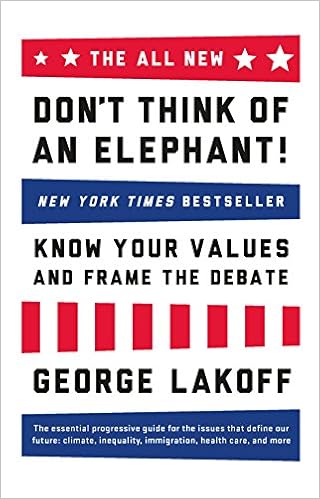 |
| A fall 2021 publication: history of the very recent--and in some sense--ongoing present |
But two basic elements were missing from the original fascist equation in America in 2020. One is total war. Americans remember the Civil War and imagine future civil wars to come. They have recently engaged in expeditionary wars that have blown back on American society in militarized policing and paramilitary fantasies. But total war reconfigures society in quite a different way. It constitutes a mass body, not the individualized commandos of 2020.
The other missing ingredient in the classic fascist equation, which is more central to this book, is social antagonism, a threat, whether imagined or real, to the social and economic status quo.
I'm skeptical of "Trumpism=fascism" contentions even by some of the more cautious thinkers who've made this assertion. ("Fascism" was a form of illiberalismthat arose in mid-20th century Europe.) And the first element mentioned by Tooze is (happily) missing. Bu the second element, "social antagonism," seems to me to be lurking around us. Threats "real or imagined," abound: immigration, de-industrialization, and changing cultural norms pop to mind But the changes that climate change will force upon us will ratchet-up social pressures and antagonisms, even if we act as wisely and expeditiously as we can. So much change! And if we don't act in a way to avoid the worst and seek the best, won't all hell break loose?
Plurality is the condition of human action because we are all the same, that is, human, in such a way that nobody is ever the same as anyone else who ever lived, lives, or will live.
The above is the ground of politics: our equality ("we are all the same") and our plurality ("nobody is ever the same as anyone else who ever lived, lives, or will live"). Add birth and death, and you have the human condition. Some would do away with politics. Don't let them.
Clearly “the Bible has no place for a tyrannical anthropocentrism unconcerned for other creatures.”
I will trust that Pope Francis is correct about this. And if not correct, it should be.
Psychologists suspected that the emphasis on feeling safe grew from a parenting culture which increasingly “prepared the road for the child, not the child for the road,” as Greg Lukianoff and Jonathan Haidt argued in their 2018 book, The Coddling of the American Mind.
Roman civilisation provides evidence of an advance towards ever more rigidly systematised ways of thinking, suggestive of the left hemisphere working alone. In Greece, the Apollonian was never separate from the Dionysian, though latterly the Apollonian may have got the upper hand.
This contention set off my "overgeneralization!" alarm, but then consider Hannah Arendt's contention that St. Augustine (of the declining empire) was the only true philosopher the Romans ever had. (Sorry you Stoics and Epicureans!)
“The one fundamental science” of the Renaissance, according to one authoritative scholar, was “knowledge of the soul.” This was what Ficinian Neoplatonism was all about. (And if this be so, then why, O why, I ask you, my Italian colleagues who have the Renaissance on which all Europe lives to this day, in the blood of your psyche, do you turn to us up north for psychology, to Marxism and Existentialism, to Adorno and Marcuse, to Freud, or even Jung — to say nothing of Mao or the Hindu gurus — all these secondary substitutes, when an extraordinary psychology is buried in your own soil?)
Great question.
Few recognized it in the spring of 1944, but Hayek’s attack on the political implications of Keynesian economics would be a turning point in twentieth-century thought. Within months of his book tour, Hayek was accepting meetings with deep-pocketed donors eager to defend freedom and seeking guidance for how best to spend their money.
Lesson: never underestimate the power of organized money. In the post-war era, neo-liberals out-spend and our-organized the rest of the pack. The Mount Pellerin Society was not wanting for funds, whatever the quality of its thinkers.
As Leibniz does later, [Juan Caramuel Lobkowitz was born in Madrid in 1606] regards the flaw in Aristotle as his dealing only in strictly universal propositions. His logic is thus inapplicable to matters of fact in law and ethics, in which universal propositions, like “All men tell the truth,” or “Caramuel never hallucinates,” are not to be had. So he proposes a logic with more quantifiers that treats such propositions as morally universal, or most vehement: for example, “Almost all mothers love their sons”; and ones of usual force: “Around half of mothers love their sons.”
If you doubt this contention by Caramuel, practice trial law.
His [H.L. Mencken's] sallies relied on more than spleen. He read and wrote a study on his favorite thinker, Nietzsche. Like George Orwell and Victor Klemperer, Mencken grasped the politics of the words we choose. In The American Language (1921), he defended the inventiveness and demotic vitality of American speech against the stuffiness of “proper usage.” Yet Mencken himself threw damaging words about with abandon.
An intriguing figure whom I've never properly explored. Speaking of over-generalizations, it often seems conservatives are more complex and at time paradoxical than champions of liberalism.




















